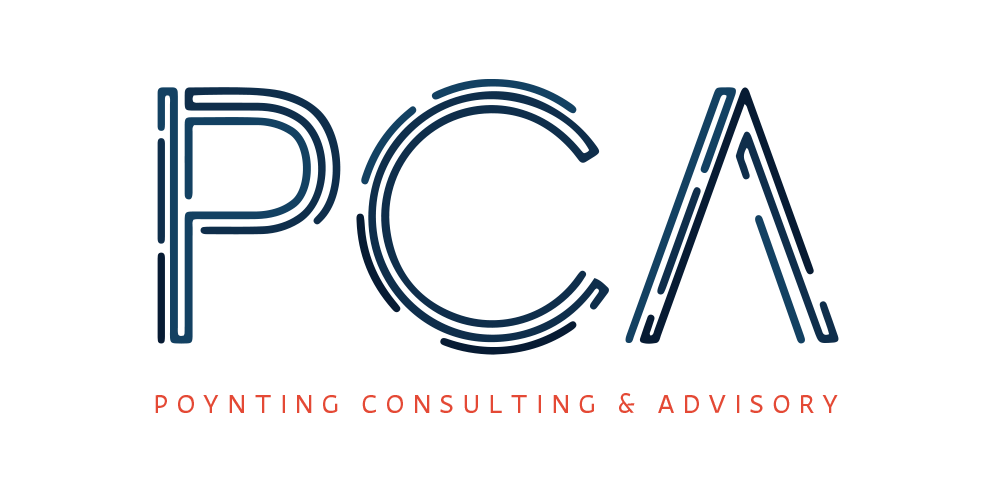Meeting the Victorian Child Safe Standards
The Victorian Child Safe Standards have been designed to drive cultural change in organisations to embed child safety as a priority. The framework is compulsory for organisations that fall in scope and require those organisations to implement policies to prevent, respond and report allegations of child abuse. The standards were created in the Child Wellbeing and Safety Act 2005.
The list of organisations that are required to comply with the standards is impressively long. In short, any organisation that does one of the following will fall in scope:
· Provide any services specifically for children
· Provide any facilities specifically for use by children who are under the organisation’s supervision, or
· Engage a child as a contractor, employee or volunteer to assist the organisation in providing services, facilities or goods.
For a full list of the types of organisations that fall in scope, refer to the Schedule 1 – Category 1 entities and Schedule 2 – Category 2 entities sections of the Child Wellbeing and Safety Act 2005.
The standards require organisations to have:
1. Strategies to embed an organisational culture of child safety, through effective leadership arrangements
2. A Child Safe Policy or Statement of Commitment to Child Safety
3. A Code of Conduct that establishes clear expectations for appropriate behaviour with children
4. Screening, supervision, training and other human resource practices that reduce the risk of child abuse by new and existing personnel
5. Processes for responding to and reporting suspected child abuse
6. Strategies to identify and reduce or remove risks of child abuse
7. Strategies to promote the participation and empowerment of children.
The standards are underpinned by three additional principles which require organisations to recognise that some children are more vulnerable than others. The three principles are:
· Cultural safety of Aboriginal children
· Cultural safety of children from culturally and/or linguistically diverse backgrounds
· Safety of children with a disability
The Commission for Children and Young People (CCYP) has the responsibility for the oversight and enforcement of the standards. Their role is to educate and provide advice on the safety of children, preventing child abuse, and compliance with the standards. It is also their responsibility to enforce compliance with the standards. This means CCYP have the power to:
· compel organisations to provide evidence and documents on how they are meeting the standards,
· Inspect premises of organisations that fall in scope of the standards
· Compel organisations to provide documents to assist their investigations
· Take organisations to court and seek a civil penalty of up to 60 penalty units which amounts to (at the time of publication) $9671.40.
To re-cap: there are three principles; seven standards; they apply to any organisation for children, used by children, or who employ children in some capacity; and there are financial penalties for non-compliance. At Poynting Consulting & Advisory (PCA) we understand that it can be difficult to determine if and how you are meeting the standards. This process is made especially difficult for small business owners that employ high school children, like convenience stores or takeaway restaurants and have never needed to comply with this type of oversight before.
The problem isn’t one that is only faced by small business though. Businesses of all sized in Victoria that employ young people, health services, ECEC providers, tutoring and coaching services, religious bodies, tertiary education facilities, counselling services, youth organisations, gym and play facilities for children, photographers and children’s entertainers, just to name a few all need to ensure that they are meeting the standards.
PCA can work with your organisation or business, regardless of size and tailor a bespoke plan to ensure that you meet the standards and prepare documentation to demonstrate your compliance to CCYP if they audit you. To ensure your business keeps the children you have contact with safe and to mitigate risk to your business, use the Contact page to start a conversation with PCA today.

![ccyp-logo.vIAZNKXHynWmr7zuuqXQag[1].png](https://images.squarespace-cdn.com/content/v1/598e23ca893fc049e2c49a6b/1537412518528-PAU74GYNQ3YPZNT6DWYW/ccyp-logo.vIAZNKXHynWmr7zuuqXQag%5B1%5D.png)